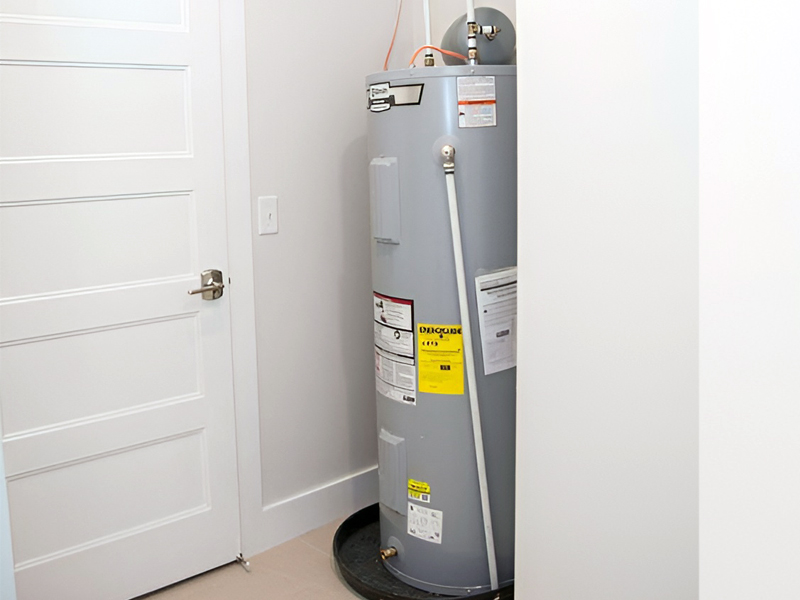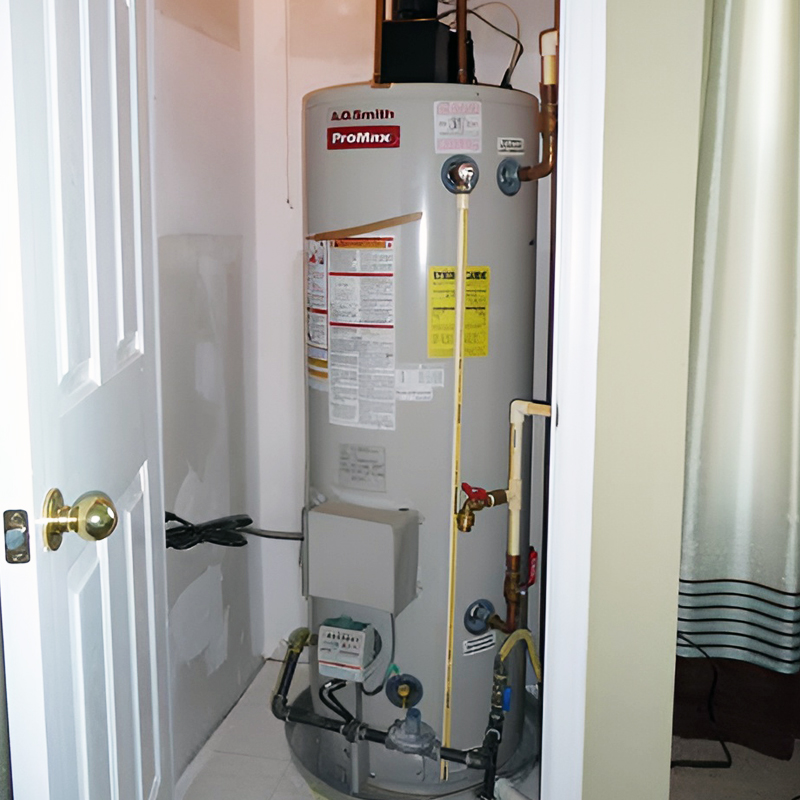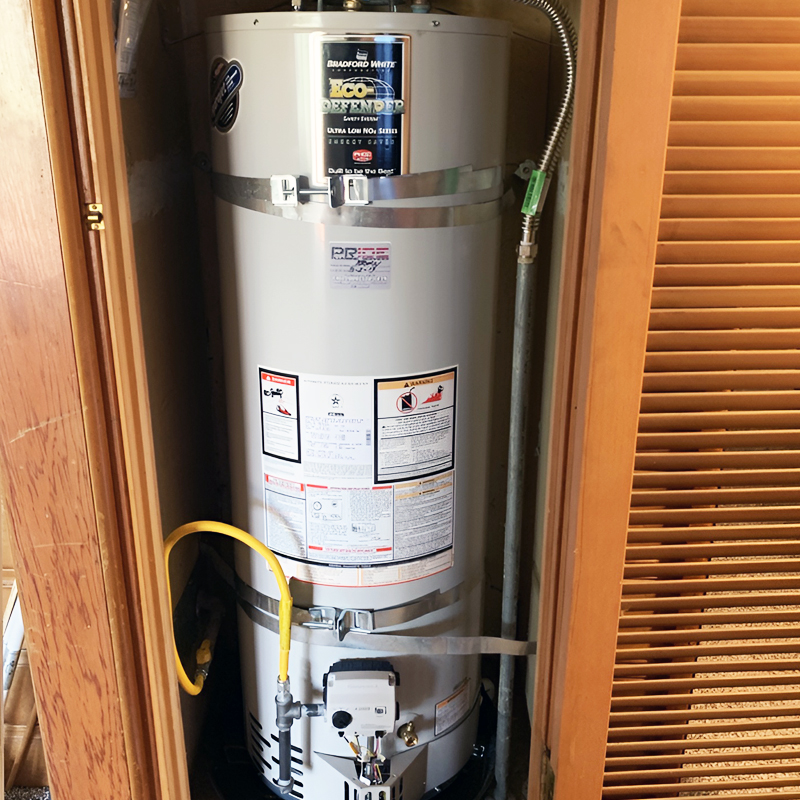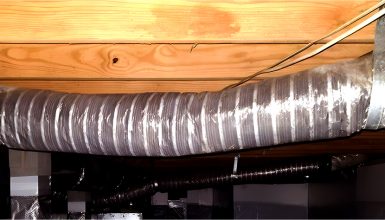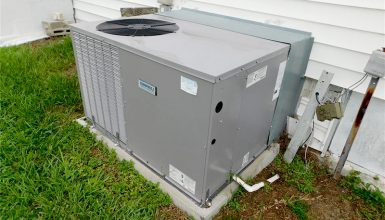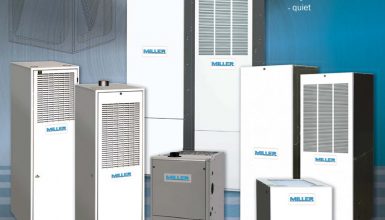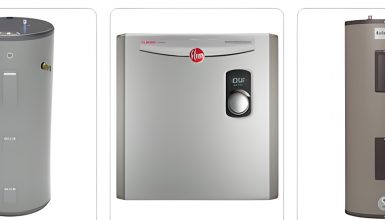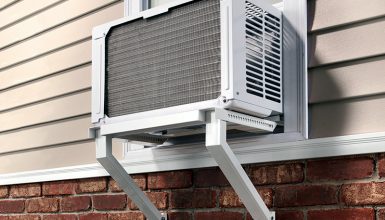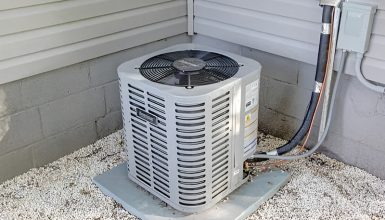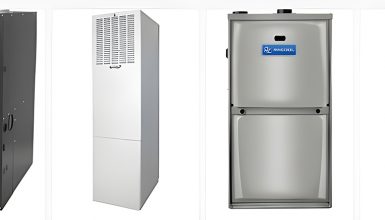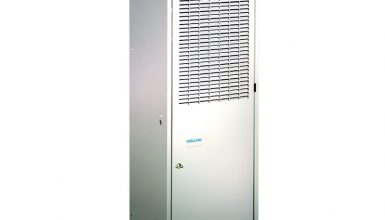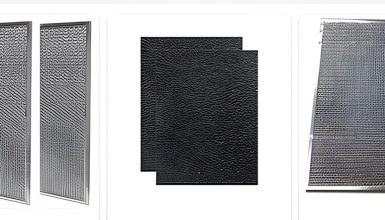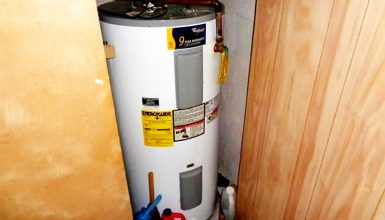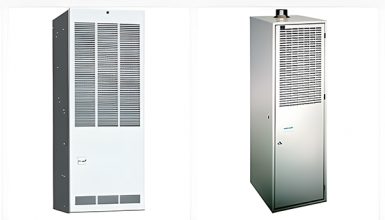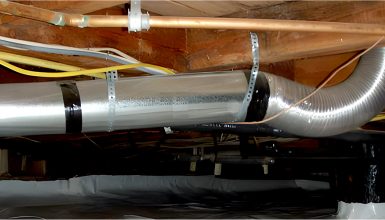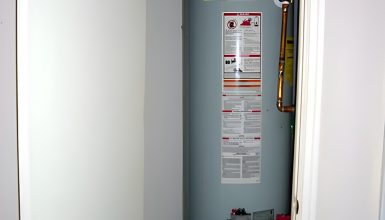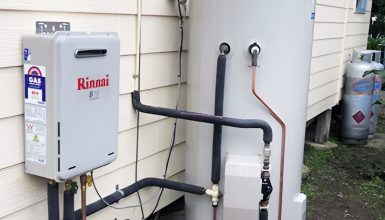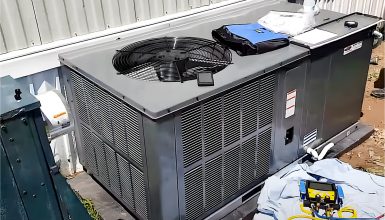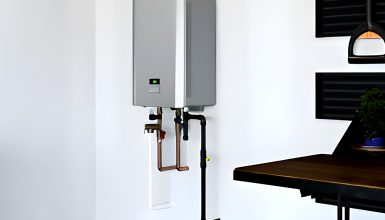Selecting the right water heater for your mobile home is crucial for several reasons. First and foremost, the comfort and convenience of having a reliable source of hot water can’t be overstated. A suitable water heater ensures you can enjoy hot showers, clean dishes, and efficient laundry without any hassle.
Moreover, the right water heater can significantly impact your energy bills. By selecting an energy-efficient water heater that is energy-efficient and suitable for your needs, you can save on your monthly utility costs and reduce your overall carbon footprint. This guide will explore electric and gas water heaters, their benefits and drawbacks, and what to consider.
Why Do You Need a Special Water Heater for a Mobile Home?
Mobile homes have unique construction features and space limitations, which can affect the proper installation and operation of a water heater. A HUD (Housing and Urban Development) standard water heater is necessary for a mobile home because it ensures the unit meets specific safety and performance requirements designed for manufactured housing.
Here are some reasons why you need a HUD standard water heater for a mobile home:
- Safety regulations
HUD standard water heaters are designed to comply with the safety regulations for mobile homes. They minimize potential risks such as gas leaks, fires, or poisoning of carbon monoxide.
- Proper venting
Mobile homes require different venting systems than traditional ones, especially for gas water heaters. HUD-approved water heaters are designed to accommodate these venting requirements, ensuring proper exhaust and combustion air supply.
- Space constraints
Mobile homes often have limited space for a water heater. HUD standard water heaters are engineered to fit within these constraints and operate efficiently without compromising safety or performance.
- Compatibility
Mobile homes may have specific electrical or gas systems different from those in traditional homes. A HUD water heater is designed to be compatible with these systems, ensuring seamless integration and optimal performance.
- Compliance with local codes
Many local building codes and regulations require using HUD-approved water heaters in mobile homes. Using it ensures compliance, helping you avoid potential fines or complications during inspections.
In summary, using a HUD standard water heater in your mobile home ensures safety, proper installation, compatibility with your home’s systems, and compliance with local regulations. It will give you peace of mind and optimal performance for your water heating needs.
Electric Water Heaters
Let’s dive into the world of electric water heaters, shall we? These handy gadgets use electricity to heat your water, making them super easy to install and maintain. How do they work, you ask? Great question! Inside the water heater tank, you’ll find heating elements that warm when electricity flows through them. These elements heat the water in the tank, and voila! You have hot water ready for your shower, dishes, and laundry.
But wait, there’s more! Electric water heaters have a thermostat like your home’s heating system. This nifty device keeps track of the water temperature and adjusts the heating elements to keep things just right. Cool, huh?
Now, let’s talk about the ups and downs of electric water heaters.
Advantages of electric water heaters
Electric water heaters have several advantages, making them an attractive option for mobile homeowners. Let’s take a look at some of the key benefits:
- Ease of installation
Electric water heaters don’t require venting or gas lines, simplifying installation. You just need to connect them to your electrical system, and you’re good to go.
- Safety
Since no combustion is involved, electric water heaters don’t produce harmful gases like carbon monoxide. It eliminates the risk of gas leaks or carbon monoxide poisoning, making them a safer choice for your mobile home.
- Less maintenance
Electric water heaters typically require less maintenance compared to gas models. There are fewer components to worry about, and you won’t need to check for gas leaks or venting issues. It can save you time and effort in the long run.
- No need for a gas supply
If your mobile home doesn’t have access to natural gas or propane, an electric water heater is an ideal solution. You won’t need to worry about setting up gas lines or maintaining a propane supply.
- Consistent performance
Electric water heaters are less affected by changes in fuel prices or supply disruptions. They provide consistent performance and are more reliable in areas where the gas supply can be unstable.
Disadvantages of electric water heaters
While electric water heaters have some significant advantages but also have a few drawbacks. Let’s explore some of the disadvantages you should consider:
- Less energy efficiency
Electric water heaters are generally less energy-efficient than gas models, which means higher energy bills. Gas water heaters can heat water faster and use less energy, making them more cost-effective in the long run.
- Slow recovery time
Electric water heaters usually have a slower recovery time compared to gas models. It means they take longer to heat a new batch of water once the hot water in the tank has been used up. If you have a high demand for hot water, this slower recovery time can be inconvenient.
- Power outages
If you live in an area prone to power outages, an electric water heater may not be the best option. When the electricity goes out, you’ll be left without hot water until power is restored. Gas water heaters, on the other hand, can continue to provide hot water even during a power outage as long as they have a gas supply.
- Potential for higher energy costs
Depending on the electricity rates in your area, using an electric water heater could result in higher energy costs compared to a gas model. It’s essential to compare your area’s electricity and gas costs to determine the most economical option for your needs.
- Limited availability of high-capacity models
Electric water heaters are typically available in smaller sizes than gas models, which may not be suitable for larger households with high hot water demands.
So, is an electric water heater the right choice for your mobile home? Consider the size of the unit, if it’s compatible with your electrical system, and if it has the proper certifications and warranty. If it checks all those boxes, an electric water heater might be your perfect match!
Gas Water Heaters
Ready to explore the world of gas water heaters? Let’s go! These units are powered by either propane or natural gas, making them a popular choice for mobile homeowners who want energy efficiency and quick heating. But how do they work? Glad you asked!
Inside a gas water heater, you’ll find a burner that creates a flame to heat the water. This heat gets transferred to the water through a heat exchanger, warming it up for your shower, dishes, or laundry. But wait, there’s more! Gas water heaters also have a venting system to safely carry combustion gases away and bring fresh air to the burner. Neat, right?
Now let’s chat about the pros and cons of gas water heaters.
Advantages of gas water heaters
Gas water heaters, powered by natural gas or propane, offer several advantages that make them an attractive option for many mobile homeowners. Let’s take a look at some of the key benefits:
- Energy efficiency
Gas water heaters are typically more energy-efficient than electric models, which means lower energy bills. They can heat water faster and use less energy, making them more cost-effective in the long run.
- Faster recovery time
Gas water heaters have a quicker recovery time compared to electric models. It means they can heat a new batch of water more rapidly once the hot water in the tank has been used up. It can be a significant advantage for households with high hot water demands.
- Availability of high-capacity models
Gas water heaters are available in larger sizes than electric models, making them suitable for larger households or homes with high hot water demands.
- Functionality during power outages
A gas water heater can be a great option if you live in an area prone to power outages. As long as there’s a gas supply, you’ll still have access to hot water even if the electricity goes out.
- Lower operating costs
Depending on the cost of natural gas or propane in your area, operating a gas water heater can be more economical than using an electric model. It’s essential to compare gas and electricity costs in your area to determine the most cost-effective option.
Disadvantages of gas water heaters
Let’s discuss some of the disadvantages you should consider before choosing a gas water heater for your mobile home:
- Installation complexity
Gas water heaters require proper venting and gas lines, making installation more complicated and expensive than electric models.
- Require more maintenance
Gas water heaters typically require more maintenance than electric models. Regular checks for gas leaks, venting issues, and burner performance are necessary to ensure safety and efficiency. It can add to the long-term cost of ownership.
- Potential safety concerns
While modern gas water heaters have safety features to minimize risks, they still involve combustion, which can lead to potential safety concerns such as gas leaks and carbon monoxide poisoning. Proper installation, maintenance, and carbon monoxide detectors can help mitigate these risks.
- Gas supply dependency
Gas water heaters depend on a continuous supply of natural gas or propane. If you live in an area where a gas supply is unreliable or unavailable, a gas water heater may not be a suitable option.
- Higher initial cost
Gas water heaters can have a higher upfront cost compared to electric models. However, they may offer lower operating costs in the long run due to their energy efficiency.
So, is a gas water heater the right choice for your mobile home? Consider whether you want to use propane or natural gas, what type of venting you need, and whether the unit has the proper safety features and certifications. If everything lines up, a gas water heater could be your ideal solution for hot water on demand!
Tips for Choosing the Right Water Heater
Ready to find the perfect water heater for your mobile home? We’ve covered you with some handy tips to help you make the right choice. Let’s dive in!
- Consult your mobile home’s owner’s manual.
Your trusty owner’s manual is like a treasure map, guiding you through the ins and outs of your mobile home’s systems. It’ll give you vital information on what type of water heater you need and any specific requirements.
- Check local building codes and regulations.
Different areas have different rules, so be sure to do your homework. Look up your local building codes and regulations to ensure your chosen water heater meets all the requirements.
- Consider your budget and energy preferences.
Money matters! Consider how much you’re willing to spend upfront and what energy bills you’re comfortable with. If energy efficiency is a top priority, a gas water heater might be your best bet. An electric model could win if you focus on low maintenance and easy installation.
- Evaluate your mobile home’s infrastructure.
Take a good look at your mobile home’s electrical and gas systems. Make sure your chosen water heater is compatible with your home’s setup. You might need to upgrade or adjust to accommodate your new water heater.
Conclusion
And there you have it, folks! We’ve explored the ins and outs of electric and gas water heaters for your mobile home. From energy efficiency and installation to maintenance and costs, we’ve covered all the bases to help you make an informed decision. Happy heating, and enjoy your perfectly heated water!

